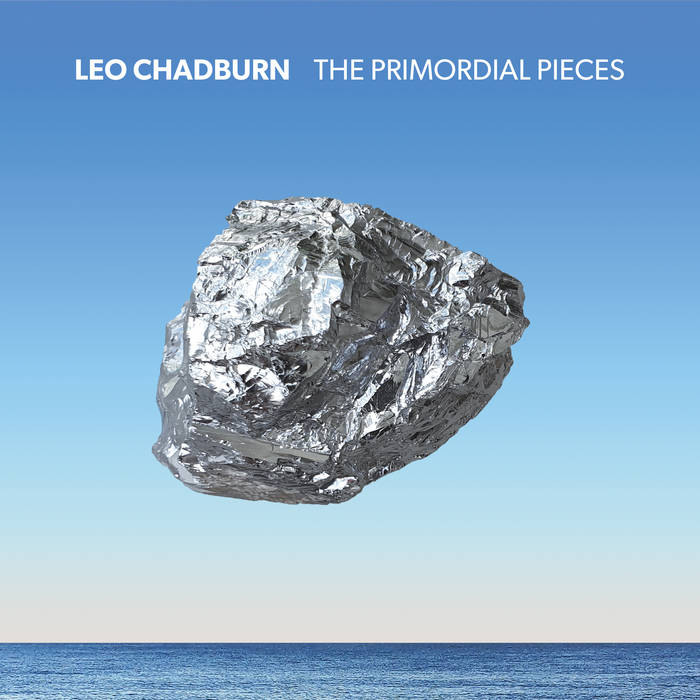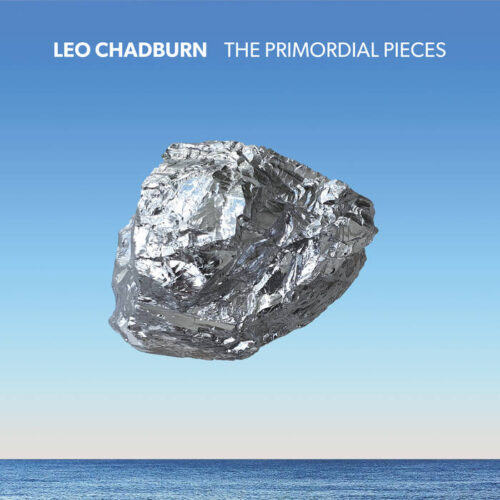On The Primordial Pieces, Leo Chadburn explores the depth of simplicity. The London-based composer has often worked with vocals, particularly spoken voices, but here, he looks to piano and violin to make stripped-down silhouettes that find grace in the gentlest of motions. Performed by violinists Angharad Davies, Mira Benjamin, Chihiro Ono and Amalia Young, and pianist Ben Smith, the album seesaws between airy drones and delicate melodies that yield mystery and serenity in equal force.
The Primordial Pieces collects five pieces culled from sketches Chadburn made between 1999–2001. They all take a base musical element and watch it evolve as time progresses. The works all offer a different palette but are tied together by their innate inquisitiveness. Each slowly ascending scale raises a new question and each drone disperses into the ether without resolving. And while much of the album is quiet, Chadburn’s music is never still. Turbulent oscillations churn underneath floating tones, bringing them back down to Earth and giving a sense of depth to the otherwise blissful music.
Most intriguing in Chadburn’s music is its mix of ghostliness and pleasantry. Though his patterns are straightforward, with each repetition they shift ever so slightly to reveal more questions and fewer answers. Opener ‘The Reflecting Pool’ begins with twinkling rolled arpeggios that rise, pause and then dissipate in a breath. They never resolve; instead, they drift away like a balloon as it gets lost into the atmosphere. With ‘De La Salle’, violin tremolos swarm and shrieking pitches ring out from above, creating a sense of dissonance in equal measure as pleasantry. Elsewhere, this balance gets lost, like on ‘Map of the World’, which builds from a series of violin tremolos that feel a little too faint and distant to go as deep as other tracks.
But with ‘Camouflage’, Chadburn’s music fully plunges into the ether. The piano piece is the most motion-packed of the album, swinging through buoyant tones to create cloudy sounds that ring like thunder as a storm crawls into view. Each note feels as if it moves on its own volition, divorced from the rhythm of its metre, picking up the pace and slowing it down as every pitch tumbles forth. And then, at last, a major chord emerges like a shining light, only to once again fall away and recede into another question. By embracing the uncertainty and spontaneity of every moment, Chadburn shows us that even the simplest music can be full of surprises.



